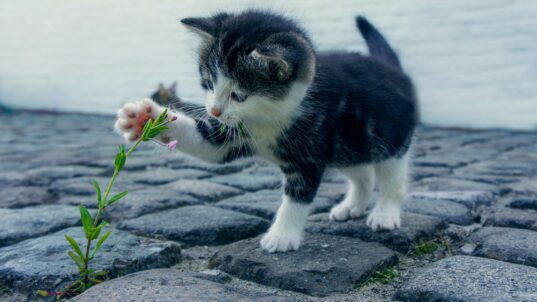When people are invited to take part in one of the Interactivity Foundation’s Public Discussions they often wonder what effect this could have if we meet with just a small group of citizens, perhaps just six or seven people, in sessions here or there around the country. What good will this do? What could it all amount to if it is not organized into a mass movement? Shouldn’t we be filling a lecture hall? What impact could such a small-scale discussion have?
Well, small-scale actions can have big effects. Ask most people and you’ll likely find that there has always been someone who did or said something that opened their eyes to a new possibility or that helped turn their lives to a new direction. Many of us can think of a teacher who changed our lives. Or maybe it was a coach, a pastor, a relative, or a family friend. We can often recall the moment when it happened. Perhaps in a particular class session or in an after class conversation. Regardless of the details, we’ve all had these kinds of experiences, these moments of personal encounter and insight, and these are always a matter of human life at the small scale. We don’t usually have these kinds of illuminating, and perhaps life-altering, encounters in a mass group.
Now my point isn’t to say that participation in an Interactivity Foundation discussion group will change your life. We can’t promise that it will be a life-changing event. My point is that you shouldn’t hold the small-scale of these discussion experiences against them. Quite the opposite. Rather than seeing the small-scale of these citizen discussions as an impediment to their capacity to foster significant insights or to nurture positive change in our lives, you might see how the very human scale of these experiences actually increases the likelihood of generating such insights or fostering such change.
The StoryCorps project that airs on NPR is full of autobiographical stories of such transformative personal encounters. Recently they aired a story from Olly Neal (you can listen to or read his story here: http://www.npr.org/templates/story/story.php?storyId=113357239). Neal recounts how, as a disaffected African-American high school student back in 1950s Arkansas, he was drawn to a book in the school library: it had a woman in risqué attire on the cover and its author, Frank Yerby, was African-American. Rather than risk his tough-guy image with his peers, who’d disparage him for reading, Neal decided not to check out the book. He decided to steal it instead. He returned the book a couple of weeks later—only to find that there was another Frank Yerby book on the shelf. So he stole that book as well. And, as you might guess, when he returned it, he found yet another Yerby book on the shelf, and so on. Only some years after his graduation did he learn that the school librarian, Mildred Grady, had witnessed his “theft” and had correctly guessed that he needed to avoid the blow his reputation would take if he was discovered to be a book reader. So she and a colleague took it upon themselves to make the long drive to Memphis to find more Yerby books to replenish the shelves and encourage his reading (remember, this is Arkansas in the 1950s, well before the advent of Amazon). Neal did become a book reader—and a law school graduate, ending up as an appellate judge on the Arkansas Court of Appeals. He credits this relatively small-scale act on the part of Mildred Grady for helping to steer him in this positive direction.
Of course can’t guarantee that all your encounters in Interactivity Foundation discussions will be so transformative. We’re not claiming to measure up to the Mildred Gradys of the world. We’re just trying to pay attention to the little things that can really count. We’re just making some space for a human scale of discussion, which just might have the possibility of really counting for something big.



